If you were surfing the web in the late 90s and early 2000s, chances are you stumbled upon GeoCities, one of the most iconic and now largely forgotten platforms that helped shape the early internet. This virtual metropolis, which hosted a myriad of personal websites, was more than just a precursor to social media; it was a breeding ground for a unique and vibrant internet subculture.
"All Your Base Are Belong to Us" is one of the earliest and most memorable internet memes, originating from a poorly translated Japanese video game. The game in question, Zero Wing, was released by Toaplan in 1989 for arcade systems and later ported to the Sega Mega Drive/Genesis in 1991. The game's opening cutscene, translated from Japanese to English, featured awkward and grammatically incorrect dialogue, which included the now-famous line, "All your base are belong to us."
In the shadowy corners of the early internet, long before social media algorithms dictated our digital lives, there existed a vibrant and rebellious subculture known as the demoscene. This community, thriving primarily in the 1980s and 1990s, was a haven for creative coders, digital artists, and electronic musicians who pushed the boundaries of what was possible on home computers of the time. Their influence, though often overlooked today, laid much of the groundwork for modern digital art and electronic music.
In the early days of the internet, before memes became the cultural juggernauts they are today, a peculiar 3D animation of a baby doing an odd dance captivated millions. This was the "Dancing Baby," often considered the first viral internet meme. Its story is a fascinating journey through the early days of the web, digital animation, and pop culture.
The internet in the 1990s was a rapidly evolving space, with Usenet serving as a bustling hub for discussions on a myriad of topics. Among the countless threads and conversations, one particularly enigmatic event captured the curiosity of many: the "Publius Enigma." This mysterious puzzle surfaced in the Usenet newsgroup alt.music.pink-floyd, and its intricate web of clues and theories has intrigued both Pink Floyd fans and internet historians for decades.
Web 1.0 Dial-up internet Mosaic browser Netscape Navigator Internet Explorer Geocities Angelfire AOL Yahoo directory AltaVista Web rings HTML 1.0 Gopher protocol Usenet Bulletin board systems (BBS) The Well ARPANET Tim Berners-Lee World Wide Web Dot-com bubble HTTP Hypertext GIFs Web directories Web counters Guestbooks Animated cursors JavaScript 1.0 Perl scripting CGI scripts Early blogs ICQ IRC Web portals Netscape IPO Slashdot The WELL Yahoo Mail Hotmail Tripod Web forums W3C (World Wide Web Consortium) Lynx browser Web safe colors Flash animations Pop-up ads Online guestbooks Banner ads RealPlayer Winamp MP3 sharing Napster Kazaa P2P file sharing E-mail newsletters Dot-com startups Web crawlers Internet Relay Chat Netscape Communicator Web server logs Xanga MySpace HTTP 404 error HTML frames Hit counters Static web pages Webzines Webmasters ZDNet Ask Jeeves Excite Lycos The Dancing Baby The Hamster Dance All Your Base meme ASCII art Webcomic pioneers Neopets Homestar Runner Browser wars Slashdot effect Netscape vs. Microsoft Dot-com crashes PHP 3 Apache server FrontPage Dreamweaver WYSIWYG editors Web development tools Open Directory Project (DMOZ) Shockwave Web standards AltaVista Babel Fish Throbbing 3D logos .com domain rush Webcams Internet Explorer 6 Y2K bug Internet Archive Wayback Machine

